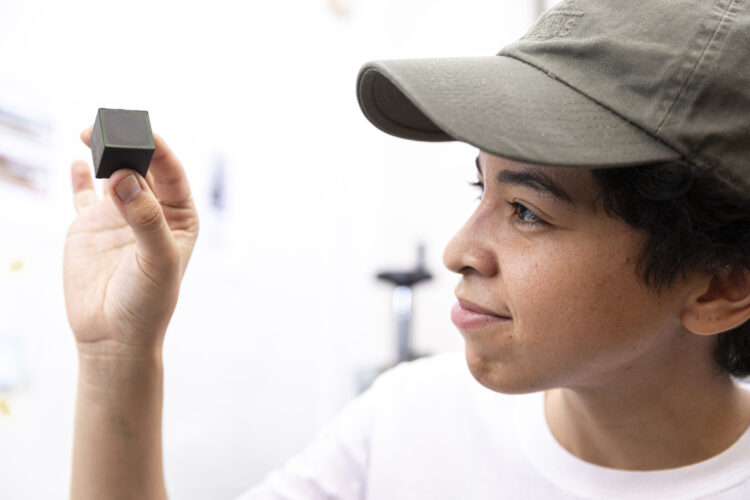Plastics are widely used in various aspects of our lives due to their affordability and durability. However, their long lifespan and tendency to break down into microplastics present significant environmental and health risks.
Bio-based plastics that biodegrade are seen as the best solution, but many of them require processing in commercial composting facilities, which are not universally accessible. This creates a challenge in finding a balance between convenience and sustainability. Efforts are being made to expand composting infrastructure to accommodate bio-based plastics.
The newly developed bioplastics degrade at a similar rate as a banana peel in a backyard compost bin
The University of Washington has led a team of researchers in creating a bioplastic that degrades in backyard compost bins. This bioplastic is made solely from powdered spirulina, a type of cyanobacteria safe for consumption by humans and animals. Using heat and pressure, similar to conventional plastic production, the researchers shaped the spirulina powder into various forms.
“This means that we would not have to redesign manufacturing lines from scratch if we wanted to use our materials at industrial scales,” said Eleftheria Roumeli, corresponding author of the study. “We’ve removed one of the common barriers between the lab and scaling up to meet industrial demand.”
Harnessing the Power of Spirulina:
The researchers chose to utilize spirulina as the key component for their bioplastics due to several reasons. Firstly, spirulina is easily cultivated on a large scale since it is already utilized in various food and cosmetic products. Additionally, the growth of spirulina cells leads to the sequestration of carbon dioxide, making it carbon-negative feedstock for plastic production.
“We were motivated to create bioplastics that are both bio-derived and biodegradable in our backyards, while also being processable, scalable and recyclable,” Roumeli said. “The bioplastics we have developed, using only spirulina, not only have a degradation profile similar to organic waste, but also are on average 10 times stronger and stiffer than previously reported spirulina bioplastics.”







